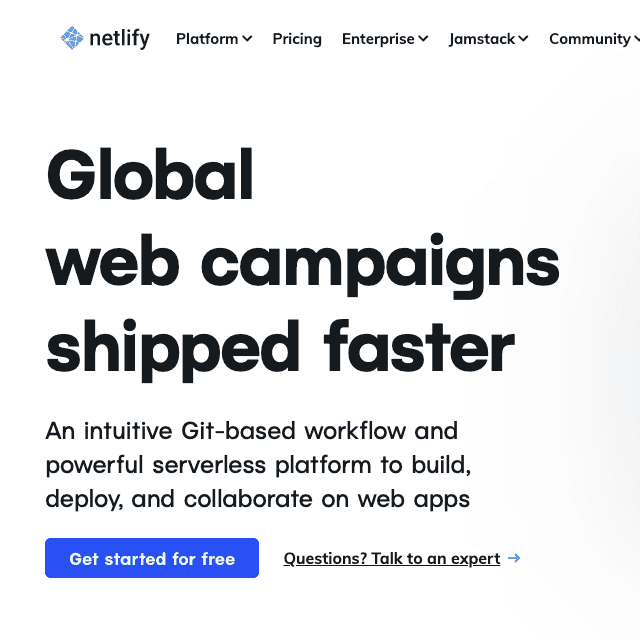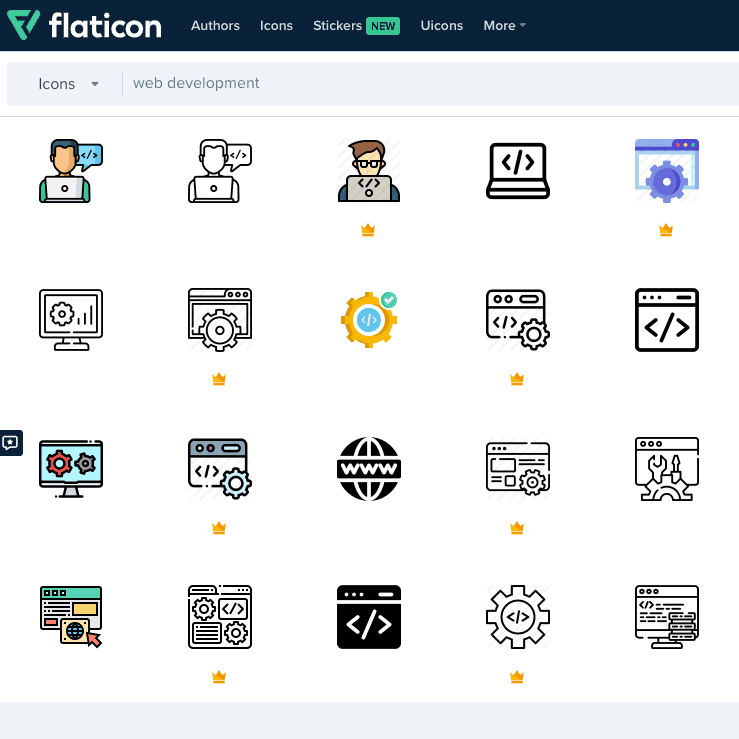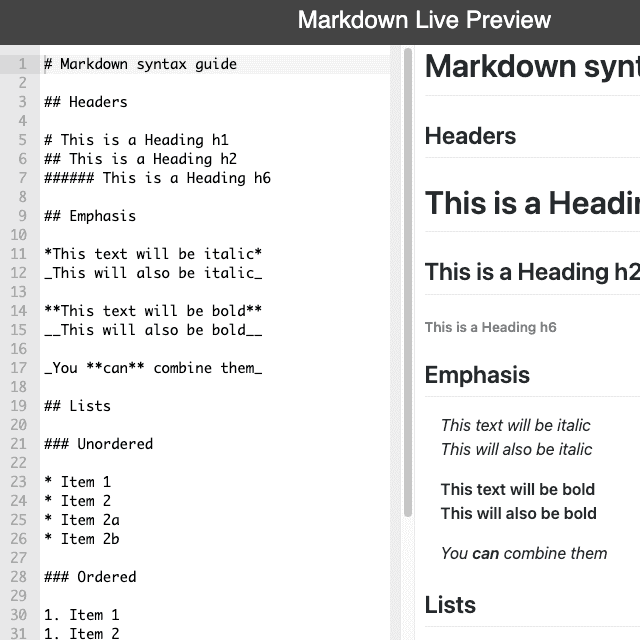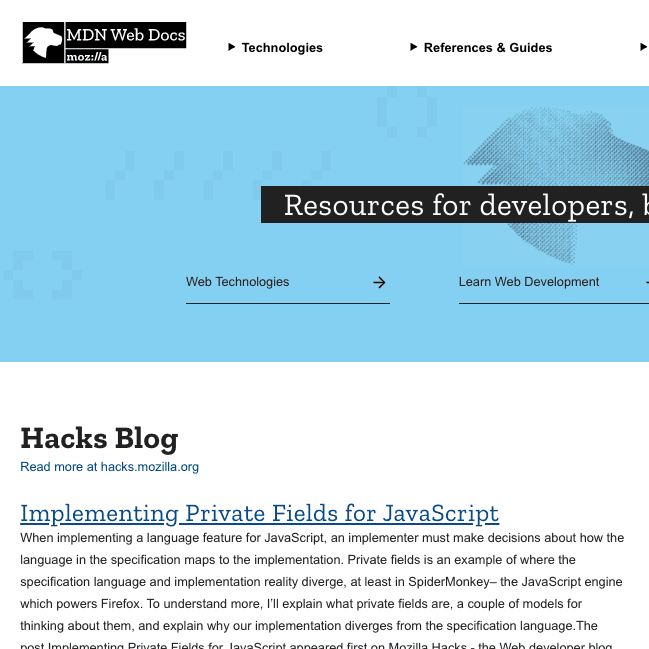Codepen

Codepen is a mashup between a browser-based IDE and social media to create a social development environment. This site is best used as a sandbox to develop and test small snippets of code for later integration into larger projects. You can also save snippets for use in later projects, publish them as part of your portfolio, and use it to house and distribute your own contributions to open-source code.










